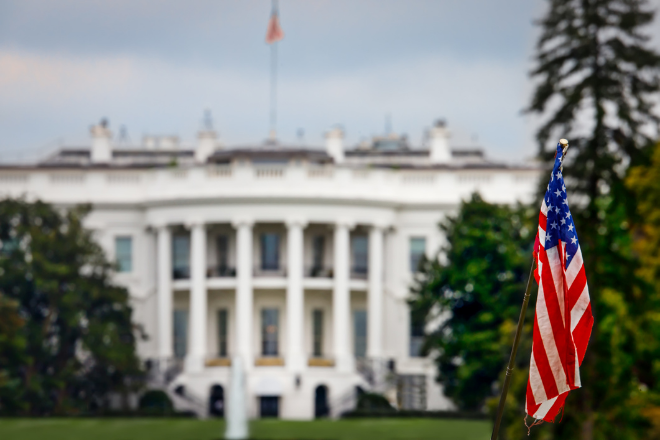Article by Susan Guerette, Fisher Phillips
Following Joseph Biden’s inauguration as the 46th President of the United States, his administration will likely begin to reinstate Obama-era education guidance that was reversed or revised by Betsy DeVos, the current U.S. Secretary of Education. Unless Democrats prevail in the two U.S. Senate runoff elections in Georgia, most of the Biden administration’s work in education will likely be accomplished through administrative actions.
The Biden administration has announced plans to restore Obama-era guidance, reversed by DeVos, in the following three areas: (1) the rights of LGBTQ individuals, particularly transgender students and employees; (2) civil rights in educational communities; and (3) immigration. The Obama-era guidance provided protections to transgender students and encouraged a broader enforcement of civil rights. It also provided more protections to immigrants, and the Biden administration is expected to reverse the more recent policies that made education in the U.S. more challenging for foreign students.
Transgender Students
One of the Biden administration’s first acts will likely be to restore guidance applying anti-gender discrimination rules to lesbian, gay and transgender youth — guidance that had been rescinded under Trump. That guidance may be even more definitive in light of the Supreme Court’s June 2020 decision, in Bostock vs. Clayton County, to prohibit employers — including schools — from discriminating on the basis of gender identity. The Obama-era guidance had clarified that schools could not discriminate on the basis of sex, including transgender status.
Schools will need to determine how to best implement this guidance once it is restored. Administrators may want to consider the use of pronouns, dress codes, bathrooms, field trip accommodations and issues relating to sports. As they engage in renovations and upgrades to their campuses, schools could consider planning for unisex bathrooms, showers, locker rooms and other facilities to facilitate these new directives.
For religiously affiliated schools, the issue of employees’ transgender rights is more complicated, as these schools may qualify for a “ministerial exception.” The Supreme Court recently defined and strengthened the ministerial exception in its July opinion for Our Lady of Guadalupe vs. Morrissey-Berru. There the Court indicated that those involved in almost any kind of religious instruction are considered “ministers” of the faith, regardless of their title or adherence to the faith. This effectively barrs discrimination claims against their employer. In addition, the EEOC recently released a draft of its updated guidance on religious discrimination, which — if adopted and finalized — could alter the legal standards applied in workplace disputes. While the new administration may not embrace the EEOC’s directives, shifting the EEOC enough to quickly change this guidance may be difficult.
Civil Rights Enforcement
The Biden administration will likely increase enforcement of the nation’s civil rights laws and reconstitute the Office for Civil Rights to ensure the federal government investigates complaints and pursues cases of discrimination, including under Title VII.
In addition, this year’s widespread social justice movements have generated more discussion about discrimination and, in some schools, a greater demand for equality and inclusion. Schools are seeing constituents raise questions regarding equality in discipline, curriculum, the makeup of faculty and administrators, appointments and employment opportunities, and admissions. While schools’ steps towards equity and inclusion should be welcome in such communities, school leaders should provide guidance regarding discussion of these issues, be sensitive to different viewpoints, and be mindful of possible discrimination claims that could result from missteps.
Immigration
Under the Trump administration, the federal government tightened restrictions on immigration that directly impacted education. For example, the Trump administration notably attempted to ban international students from coming to, or remaining in, the U.S. if their courses were held remotely as a result of the pandemic. International student enrollment was negatively impacted in part as a result of Trump’s rhetoric and immigration policies, causing a revenue loss in both higher education and K-12 independent schools. The Biden administration will likely reverse these policies and make it easier for international students to study in the U.S.
The Biden administration is also expected to implement policies that provide more predictable and durable protections for young undocumented immigrants, and spur Congress to return to work on the Development, Relief, and Education for Alien Minors (DREAM) Act. Biden’s administration could also push to protect DREAMers and grant them a path to American citizenship.
These changes in regulations regarding transgender rights, civil rights and immigration will likely be similar to those made during the Obama administration. Therefore, schools should have some experience navigating these grounds. As long as schools remain careful around a few areas that remain unclear, they should be able to pursue their missions without having to navigate new pitfalls.



